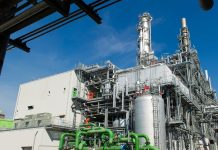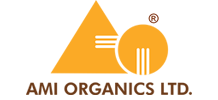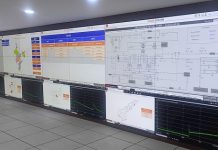Bayer is issuing its first tranche of carbon credits from thousands of Indian rice farmers adopting regenerative practices like direct seeded rice (DSR) farming. The company is working with Gold Standard, a leading registry in the voluntary carbon market, to validate, certify, and issue up to 2,50,000 tons of carbon dioxide equivalent (CO2e) credits. These credits will be available for climate-conscious companies looking to support greenhouse gas (GHG) emission reductions, water conservation, and scalable regenerative agriculture in smallholder farming.
Scaling Regenerative Agriculture Across India
The Bayer Rice Carbon Program has expanded across 11 Indian states. Thousands of farmers have embraced regenerative farming over the past two years. Alongside alternate wetting and drying techniques, DSR has emerged as a key practice generating new carbon credits. This marks the first time Bayer is issuing carbon credits linked to regenerative crop production in Asia.
Expanding Carbon Credit Initiatives
“The Bayer Rice Carbon Program is producing hundreds of thousands of high-quality carbon credits,” commented George Mazzella, VP of Ecosystem Services Business Development at Bayer’s Crop Science division. He added, “With this large-scale pilot feeding into broader projects across the region, we have many more credits in the pipeline.”
Beyond environmental benefits, the program helps farmers reduce labor and water usage. It also lowers cultivation costs and provides crop advisory services throughout the season. “Our teams work closely with farmers as they transition to new practices,” Mazzella added. “This hands-on support ensures their long-term success and sets our program apart,” he asserted.
Transforming Traditional Rice Farming
Rice farming traditionally starts with growing seedlings in nurseries. Farmers then transplant them into flooded paddy fields, a process requiring constant water levels. Today, 80% of the world’s rice is produced using this method. As organic matter decomposes underwater, it generates significant methane emissions.
The Bayer Rice Carbon Program helps farmers shift from transplanted puddled rice to DSR, significantly reducing methane emissions. Methane is a potent greenhouse gas. It is 28 times more powerful than carbon dioxide over a 100-year period. Over a 20-year timescale, it is 84 times more potent, according to the European Commission.
Driving Sustainable Farming for the Future
“Direct seeded rice is a crucial regenerative practice that cuts emissions of a highly potent greenhouse gas,” said Frank Terhorst, Head of Strategy and Sustainability at Bayer’s Crop Science division. Terhorst added, “Regenerative agriculture is about on-farm outcomes, driven by production systems that create value for farmers, enhance resilience, and benefit the environment.”
As reported by seedtoday.com, Bayer’s initiative makes farming more efficient and sustainable. It helps farmers grow more food without depleting the planet’s resources. Bayer continues to expand its carbon credit program. Regenerative agriculture will play a key role in shaping the future of climate-smart farming.































